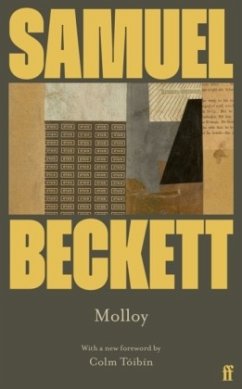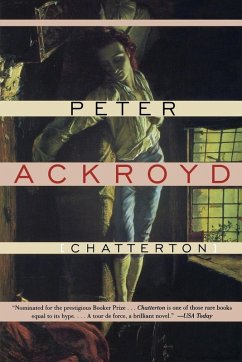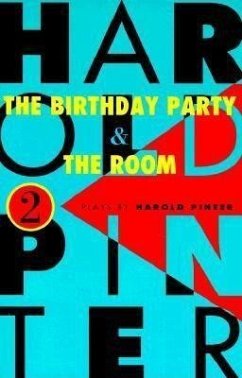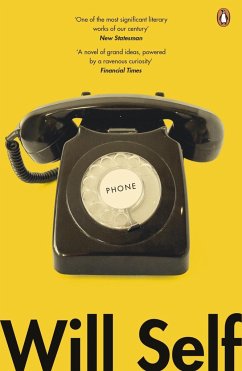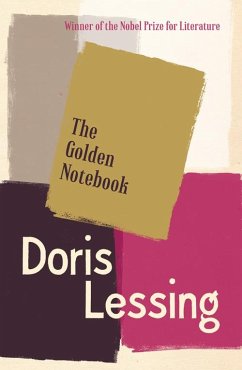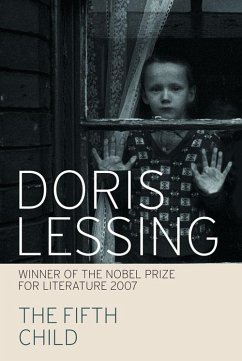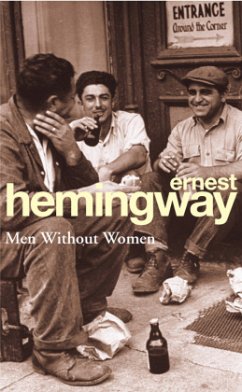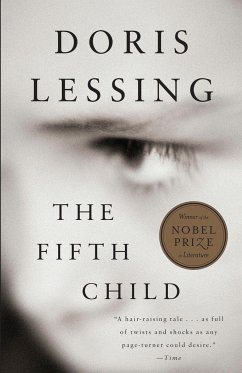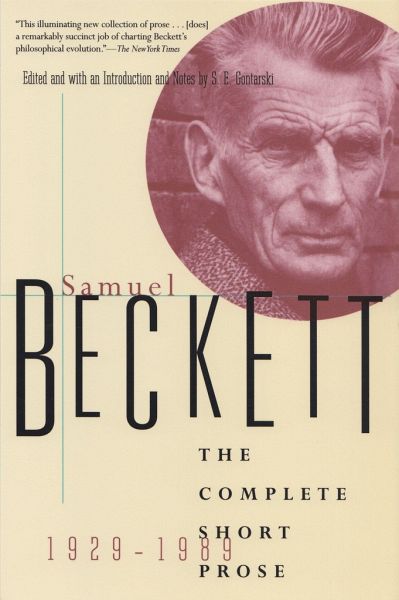
The Complete Short Prose of Samuel Beckett, 1929-1989

PAYBACK Punkte
6 °P sammeln!
Nobel Prize winner Samuel Beckett was one of the most profoundly original writers of the 20th century. He gave expression to the anguish and isolation of the individual consciousness with a purity and minimalism that have altered the shape of world literature. A tremendously influential poet and dramatist, Beckett spoke of his prose fiction as the "important writing," the medium in which he distilled his ideas most powerfully. Here, for the first time, his short prose is gathered in a definitive, complete volume by leading Beckett scholar S. E. Gontarski.





